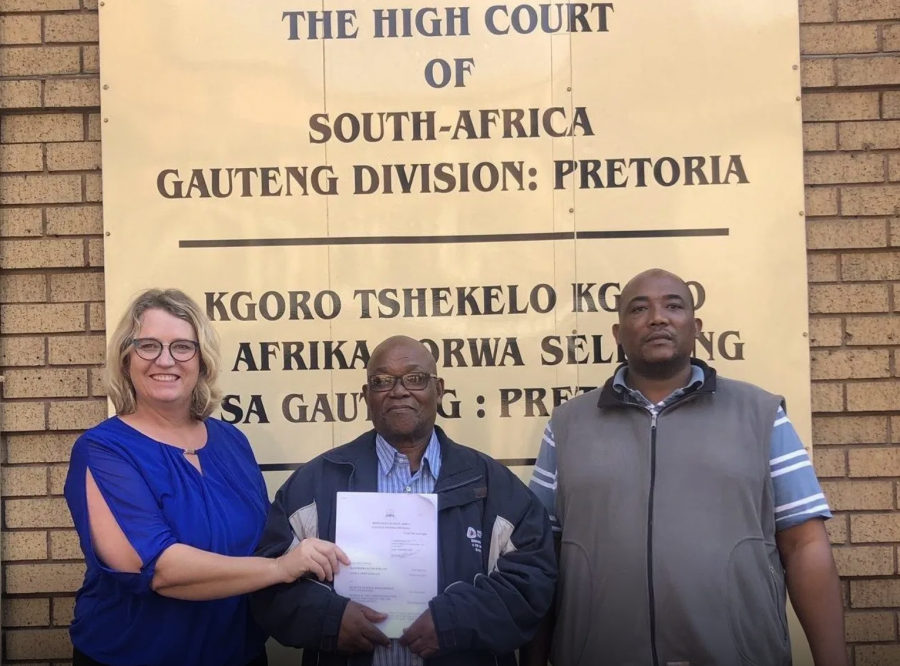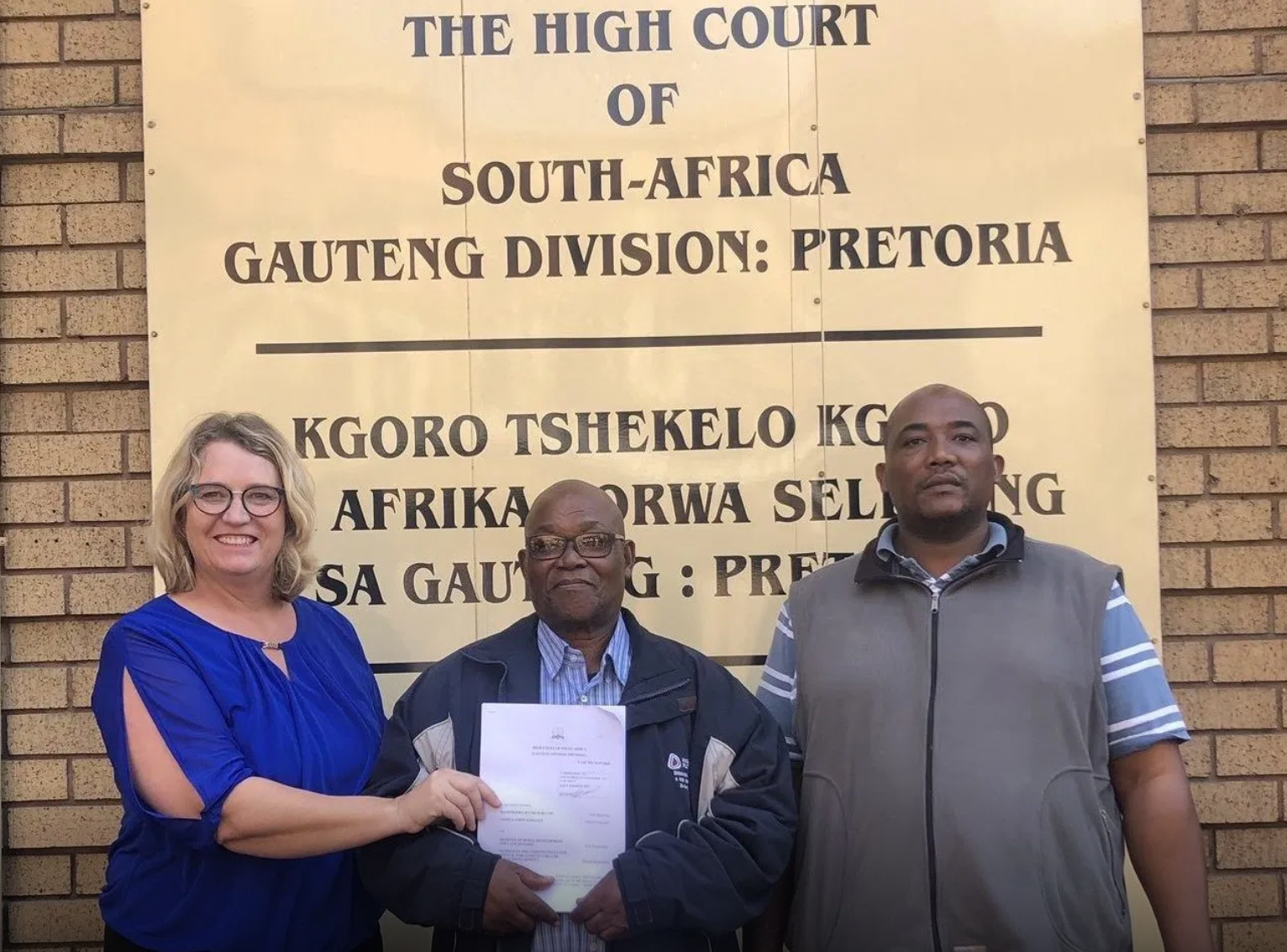
Limpopo Farmer Wins “Landmark” Case Against South African Government Over Land
A “landmark” case has been won by a 78-year-old Limpopo farmer who has leased his land from the government for almost two decades, despite an agreement in 2003 that it would be sold to him. The decision could have far-reaching effects for thousands of smallscale farmers who have been stymied by the government’s inaction over […]

A “landmark” case has been won by a 78-year-old Limpopo farmer who has leased his land from the government for almost two decades, despite an agreement in 2003 that it would be sold to him. The decision could have far-reaching effects for thousands of smallscale farmers who have been stymied by the government’s inaction over land.

David Rakgase has been farming on Nooitgedacht in Limpopo for almost 30 years and has been leasing the small farm from the previous and ANC governments since April 1991, according to a statement by the Democratic Alliance on Wednesday after Rakgase won his case. The DA called it a “landmark” judgment. The government has been given 30 days to sell the farm to Rakgase under the original terms agreed to 16 years ago.
The judgment in favor of Rakgase was made in the North Gauteng High Court, and is a stinging indictment of the government’s lack of action over land. It has reportedly failed to process 11,000 land claims made by so-called labour tenant farmers.
In 2003, the Department of Rural Development and Land Reform accepted Rakgase’s offer to purchase the farm, one year after the department had offered him the option of buying the farm as a beneficiary of the government’s now discontinued Land Redistribution for Agricultural Development programme, the DA’s statement said. After it became clear the government would not honor the agreement, and rather lease it to him for 30 years, he went to court.
The DA said the ruling set an important precedent, “as countless other black, small-scale farmers can finally challenge the ANC government’s failure in land reform…. There are many others who have suffered a similar fate due to the ANC’s fragmented land redistribution position.”
